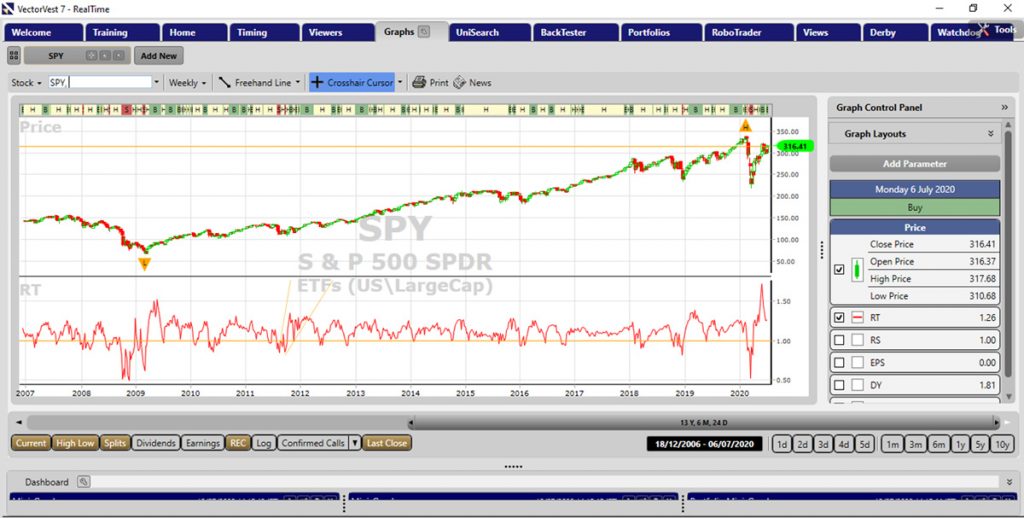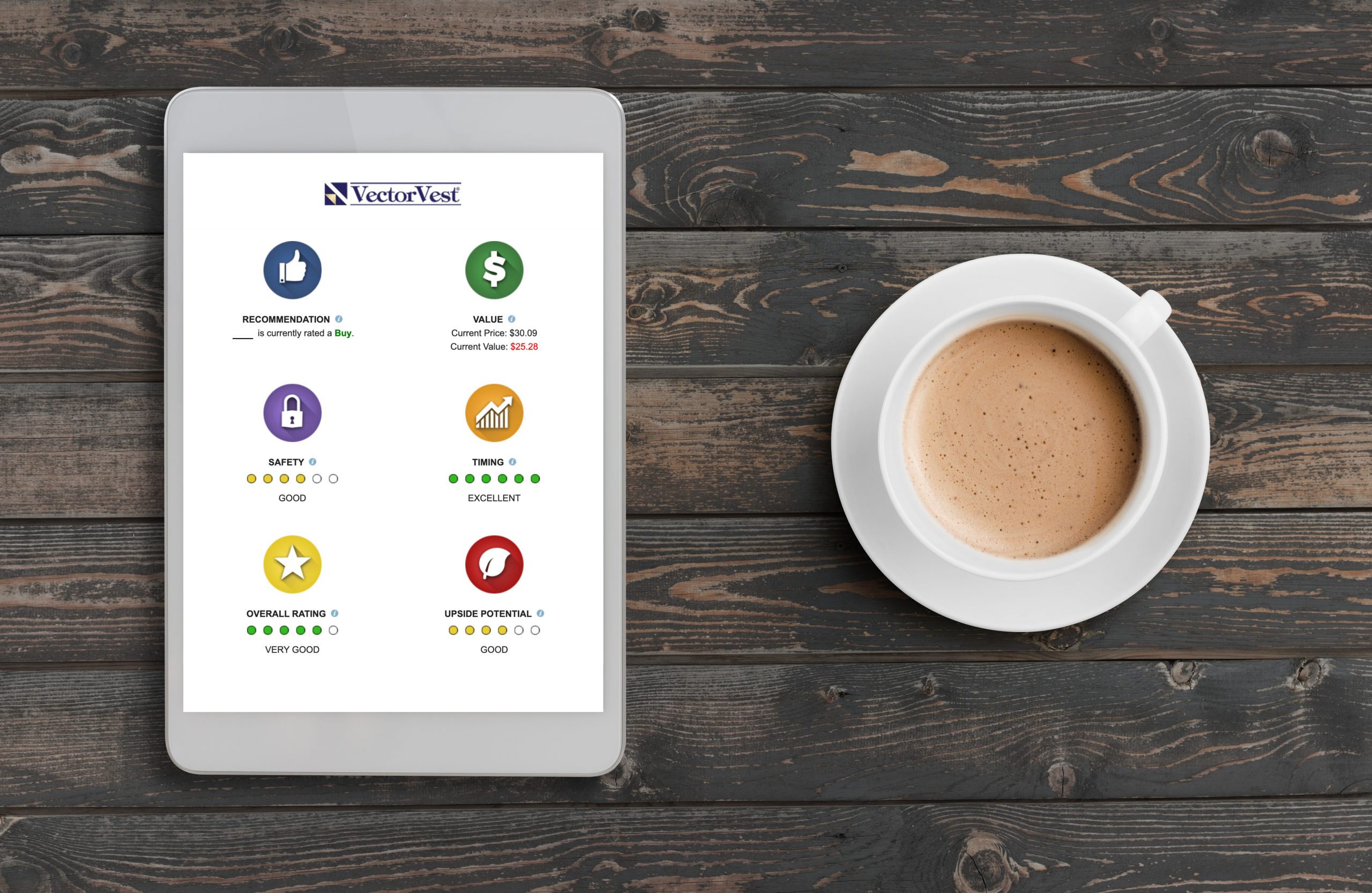Have you ever considered that money could be leaving your pocket on autopilot? That perhaps there is a setting in your brain that pushes money right out of your purse and into the ether? Well, let’s take a quick test and see. Imagine that you get $1,000 of a bonus or a gift. What’s your first reaction? Spend some or all of it? Lots of people launch straight into spending money if they get more and often it’s without any thought around what real joy it would bring them. It’s as if they’re on a mission to just get rid of or to “blow it” as you might commonly hear.
Belief #1 – Being comfortable with a certain amount of money (but no more)
I’ve found a way to take control of what I call your “financial thermostat” and it’s super simple to do so….
There are three key actions that I recommend:
- Acknowledge its power. Many people subconsciously have an amount of money that they’re comfortable with. If they have more than that, they spend their way back down. If they have below that, they save their way right back up again. If you find yourself saying something like “how will I spend that €40 extra that I have?”, take a moment to realise that you don’t have to do anything as that’s your financial thermostat feeling too hot rather than your conscious brain taking action.
- Think about good reasons why you might simply hold on to money. Rather than plan to spend it the minute that you get it, think about how enjoyable it would be to just have a bigger number in your account. Two examples of this might be so that you have a rainy day fund and hence if anything goes wrong, then you have the money to deal with issues. However, what about a SUNNY DAY fund?? Imagine that a friend calls to say that she came across a special offer for a week-end break or that piece of furniture that you’ve been admiring is now available at a knock down price or that you’re presented with a wonderful business opportunity? Simply having more money means that you have more capacity to do the things that you want to do at the right time.
- Remember that you may need to lift your financial thermostat several times. I’ve done it often and I’m grateful to say that I’m continuing to do so. As opportunities grow and our capability increases to serve them, you may receive more along the way. Prepare to notch up your financial thermostat regularly and recognise that you financial comfort zone is expanding as you do so.
Belief #2 – People with a lot of money are consumed with greed and other negative connotations
If, in your mind’s eye, you don’t like the idea of what you may become if you got more money then you’re never going to take the actions to get closer to it. Some people think that those with wealth and a lot of resources do certain things, treat others a certain way and find happiness elusive. Unfortunately, you may think these things without ever really wondering why and certainly without considering how this may be holding you back. You don’t have to become anything you don’t want to. You have a choice – a big choice every single day with how you use your money.
Let me give you two statistics:
American individuals, bequests, foundations and corporations gave an estimated $427.71 billion to U.S. charities in 2018, according to Giving USA 2019.
Six thousand fifty-seven donors completed the 2018 Global Trends in Giving Survey and based on their responses, the donor community worldwide is made up of primarily women (65%).
You can’t give what you don’t have, so there are millions of people who use their money for good. In fact, the majority of donors are women according to this report. Therefore, rather than be held back by any limiting belief in this area, I suggest you dream about all the good you could do with your money – shop local, spend time educating yourself in an area that you’re passionate about, spend more time with the people that you love, donate to a cause, buy things that bring you genuine pleasure. Financial freedom can bring a lot of good things, and you can be an “instrument” to bring more joy to the world through it. Go for it!
Belief #3 – The stock market is a global casino
Have you ever watched people play a game of cards for money. Poker, for example. Let’s say that four people come to the table with $40. That same amount of money will be redistributed around the table but no new money is created. However, when you buy a piece of a company (called a stock, share or equity), you’re buying a piece of their profits. That profit is generated when those businesses sell goods or services at higher prices than what it costs to buy them. Therefore, in contrast to the poker analogy, there is new money created. That’s why the stock market does rise over time.
For example, look at the graph of the S&P 500 since the end of 2006. I’ve intentionally gone back before the 2008 crash to make my point.
The S&P 500 is a list of the largest 500 companies listed in America. Look at how the value of the combination of these companies has grown over the past 13 years. That is a reflection of the new money that’s been brought to the table. Therefore, is the stock market a global casino? Over the long term, it absolutely is not as that new money is distributed among shareholders in the form of dividends and an increase in share prices.
We are going to learn so much about the stock market, the psychology of managing money, the best ways to make the most of what you have got and lots more during our #FantasticFemaleFridays series. Register today at vectorvest.com/fff to get updates of our next session going live on Friday 24th July 2020. See you there!
What you should do next…
- Get our latest blogs delivered right to your inbox, subscribe to our newsletter.
- The market moves fast! Get our most current evaluation of this stock with our FREE stock analysis tool.
- Looking for stock picks? Not sure if now is the right time to buy/sell? For a limited time, enjoy the full benefits of a 30-day subscription to VectorVest for only $0.99 (usually up to $148/month) . Get access to our full list of screeners showcasing our top stock picks that tell you exactly what to buy, when to buy, and when to sell.









Leave A Comment